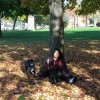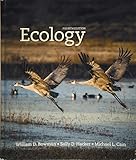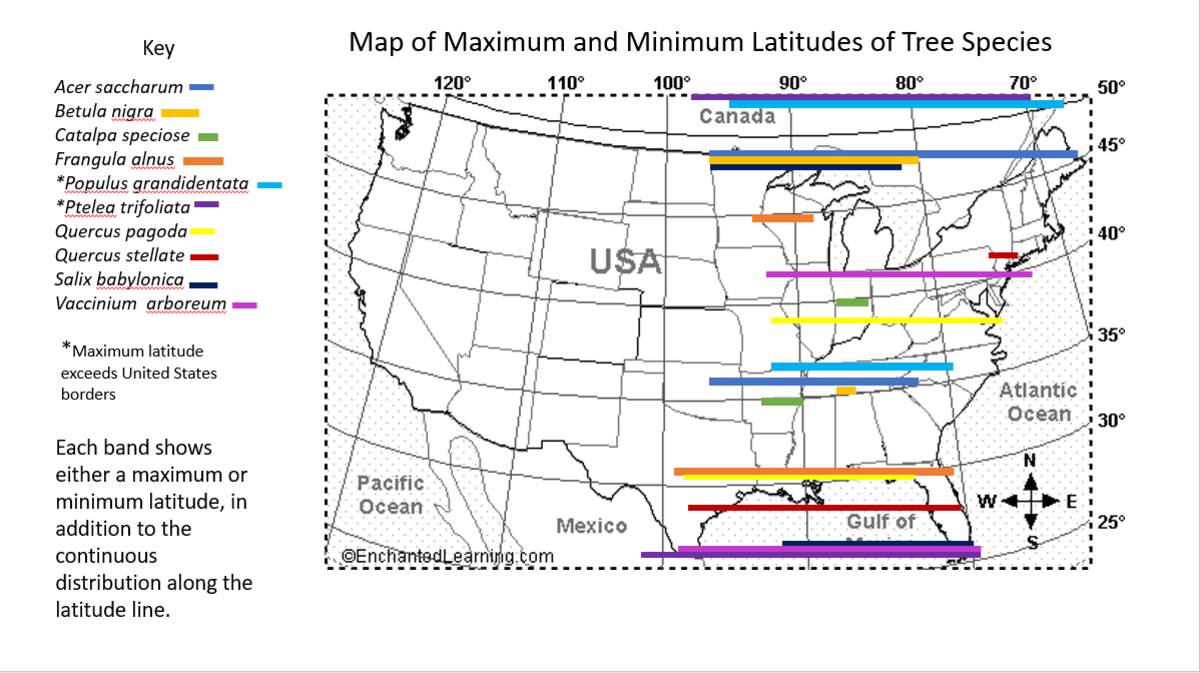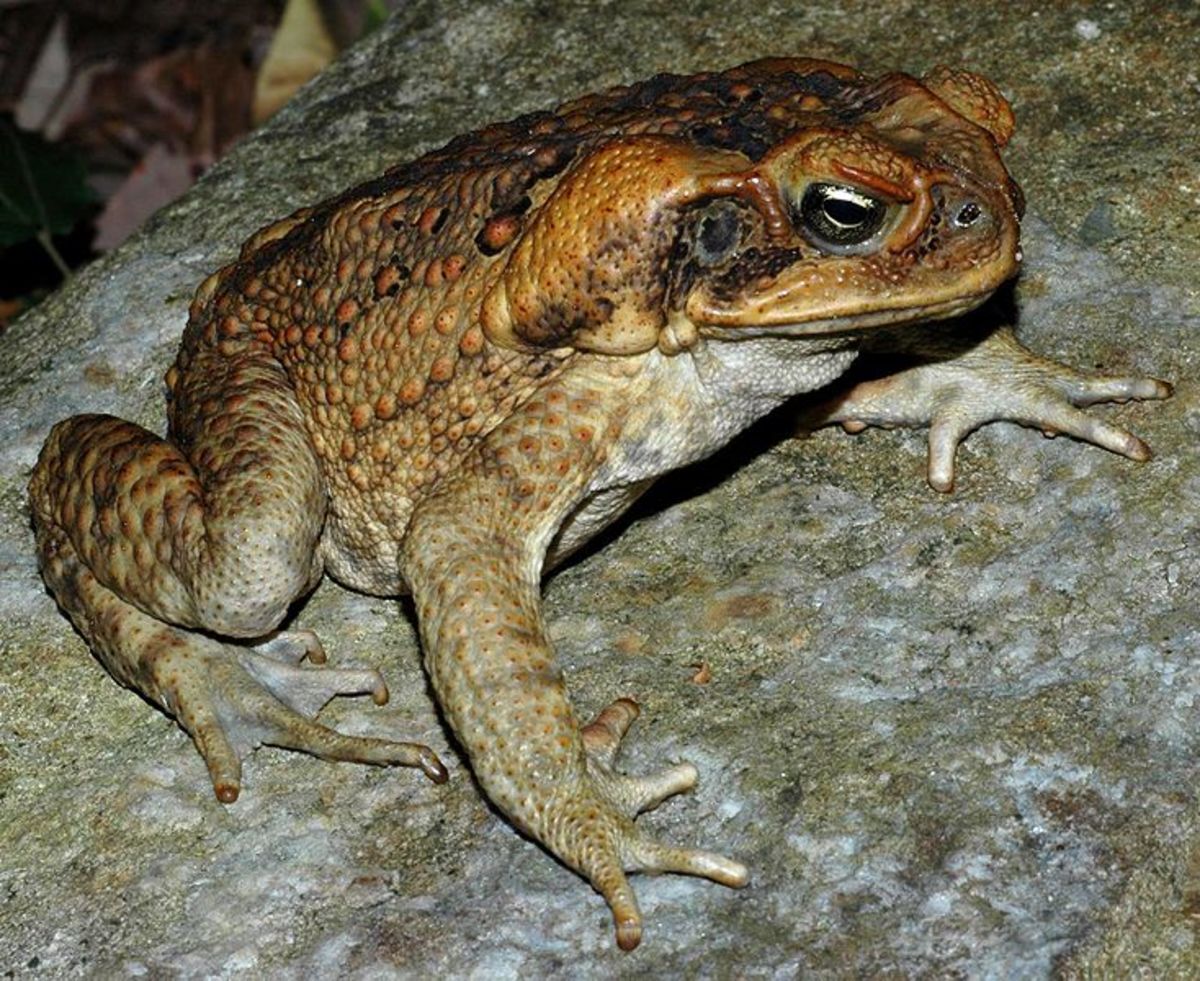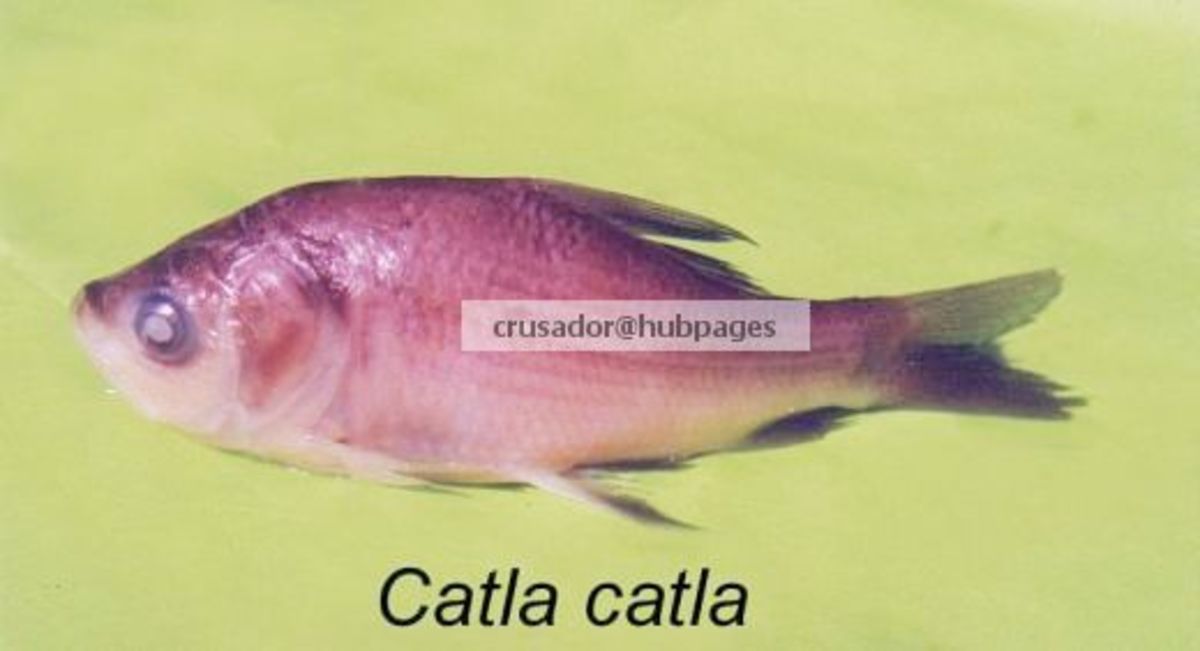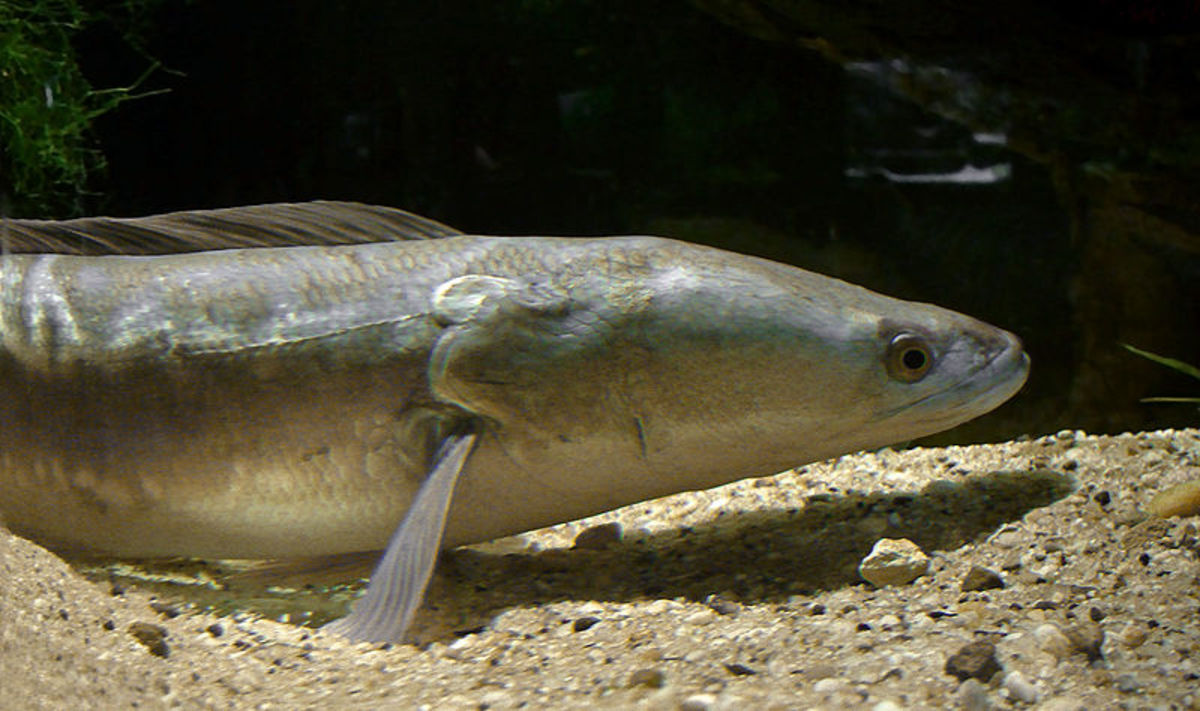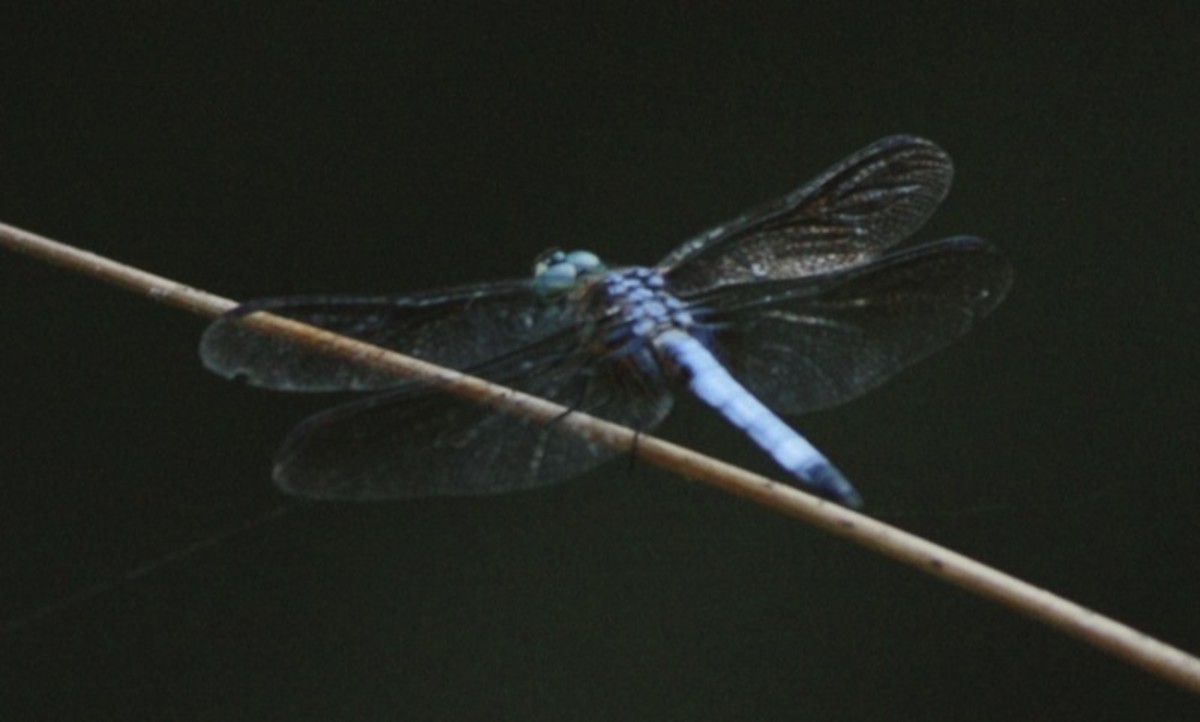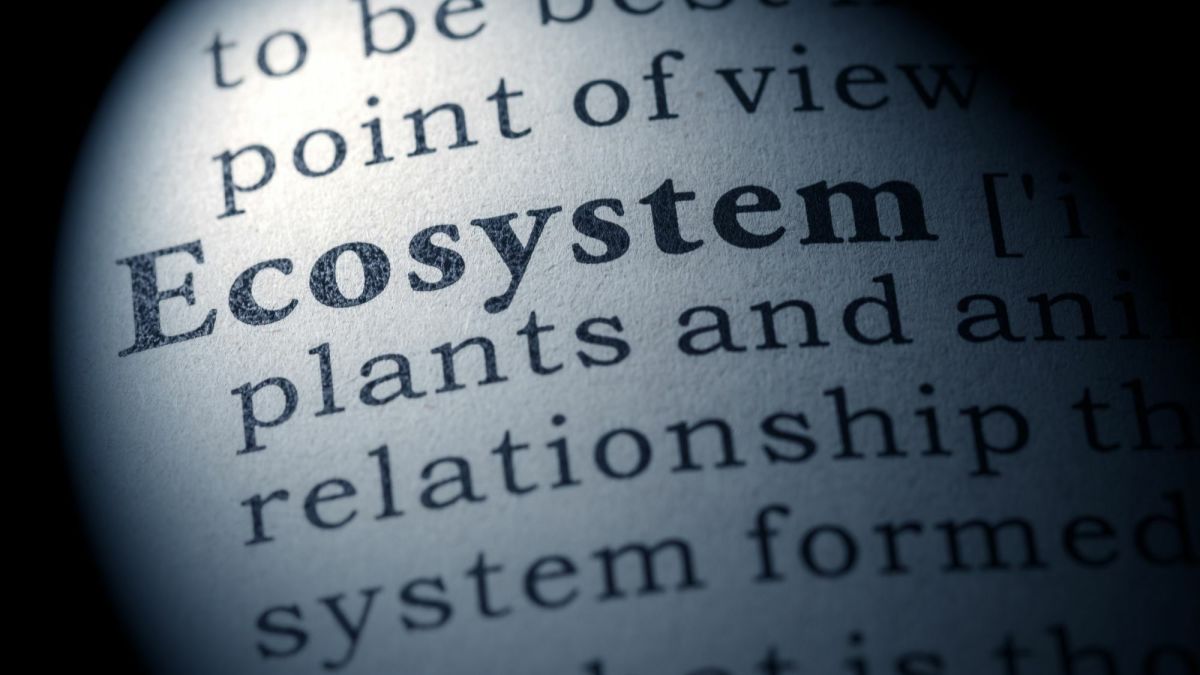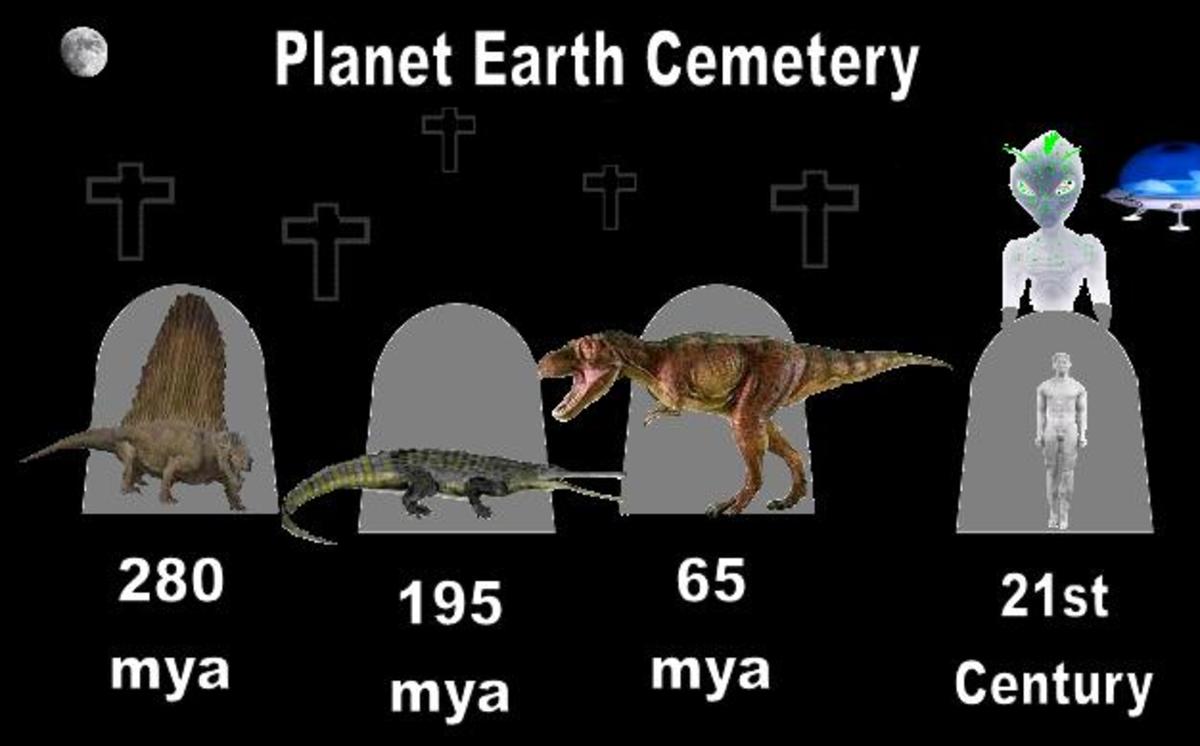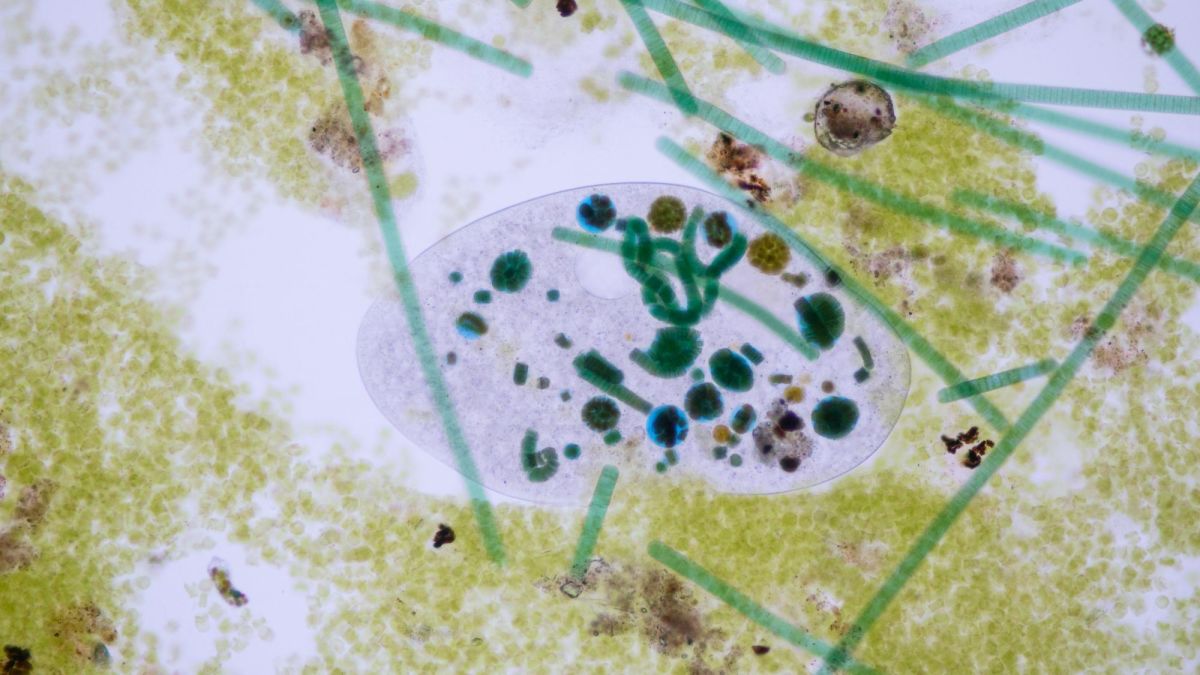Gardening as a Way of Practicing and Learning Science & Ecology
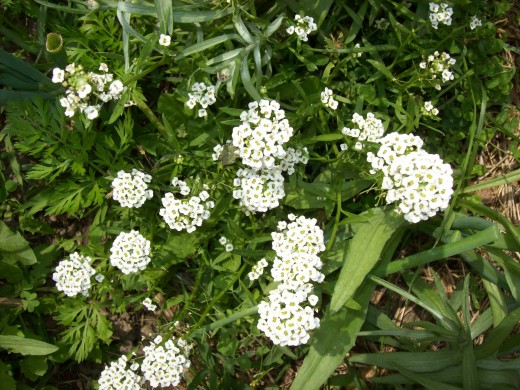
By Mirna Santana
"One of the penalties of ecological education is that one live alone in a world of wounds...An ecologist must either harden his shell and make believe that the consequences of science are none of his business, or he must be the doctor who sees the marks of death in a community that believes itself well and does not want to be told otherwise ." Aldo Leopold
"Only within the moment of time represented by the present century has one species -- man -- acquired significant power to alter the nature of his world." Rachel Carson
Leopold and Carson wrote those words in the early 50s and it seems as though we have not learned to correct our course. The two of them I never met but their influence in ecology and in society still persist to these days. Today's ecologists like me could decide to walk the wounded path of the earth or to heal ourselves. Carson said, we could contemplate the beauty of the earth to find reserves of strength that will endure as long as life lasts. Because, if we dwell among the beauties and mysteries of the earth we would never be alone or weary of life.
I do my best to find strength on the earth and use that energy to speak for the environment, as a scientist and as an earth's citizen. Yet, sometimes it seems that the open wound receive constant salt water--and so the ecologist who study biology--or the interactions among organisms and their environment gets a reminder that she too--as these fellows and all the ecologists in our academic line, our earth family, they too have shared a bit of that same burden.
When the oil covers the oceans our hearts shrink. Yet we don't cry or get angry instead we know our duty is calling--it is time to work. It is time to do research or to speak--or to find out ways to understand what is happening. While most ecologist would rather see prevention implementation systems in place that is not always possible. I wish we could count with accident probed engineering designs. Designs that have considered the potential worse case scenarios. These is particularly important for the containment of hazardous wastes. It would be even better to avoid any production of hazardous wastes. Yet our society have failed to work on prevention and tend to work on patchiness solution after disaster. This is really troublesome. Instead of preserving land for clean water we prefer to expend money on repairs, restoration, and mitigation that sure are needed but may have been preventable. When ecological or human made disaster trouble ecologists -we may seek a garden, the forests or the fields to see life or biology at work. Nature indeed provide a lot of solutions-and that opens our minds (the field of biological engineering is an evidence of that).
When I am out at the garden--and look at the weeds, I think of succession theory or the disturbance I created--and see how my works influence other species. I can see how the former lawn is now converted into a messy microecosystem. I cannot stop myself of thinking about biodiversity and about the little we know. Then I wrote:
"The beauty of life is a bit messy. Biodiversity implies complexity. We don't yet understand how much. What we understand is that we need it ."--Ceiba28 on tweeter, that is me.
While others go to the garden store to buy their mulch, I think that I need to bring some of the basic components of a healthy ecosystem. I know mushrooms and microbes in general are part of the foundation of life. I 'planted' some of those in the garden by mean of inoculated wood chips (picture #1 onion, chips, and frog). I also went to a forest in search of hollow logs for the critters. The critters need habitats and places to hide from predators 'refugia'. And some critters will need to find someone to predate (food to eat).Thinking of that I wrote:
"In the ecosystem water is essential. Frogs need it to reproduce & survive. Some fish need the tadpoles.. & larger fish need to eat the other fish." Ceiba28...And you know I could keep going on and on. It is good somehow that tweeter only allow a few words.
And then outside the mosquitoes need my blood--yet I don't want to feed them so I return to my refugia--and wrote: "I would like to welcome more frogs, dragonflies, and fish to the garden-- I need more mosquitoes predators! " Ceiba28
I also create mounds shaped like animals in the garden with the idea of bringing heterogeneity or a variety of environments--plus a bit of creativity make things more interesting. I made a turtle, a T. rex, a lizard, a fish, and a sea horse (see picture #2). These mounds are microhabitats or microenvironments. As each shape is a bit different, each one suppose to support a diverse array of life--so if something does not like to grow in one microenvironment--it still may grow better in another. This is not a real experiment, it has no replicates. And only T. rex and the lizard were constructed at the same time. Yet my idea is to create a diversity of microenvironments, because there are plants that grow better on top of the mounds while others would prefer the shallow parts--e.g., if you plant carrots in a compacted soil you'll get nothing. In the same fashion there are animals insects/frogs and even birds that prefer some 'regions' of the garden--more shade, more light, more moist, or more dry areas.
I know most gardeners may think--that is crazy. I have made squares or planting in pots for generations, it works. Yes, indeed it works for the human centered goal. Some gardens indeed support an acceptable diversity of life by creating adequate conditions. Many people are now involved in ecosystem restoration--and I thank you all for that. This I do, because as an ecologist, I can't forget that we have overtaken the land--and now we must share. When I first walked around these area--I wondered, where are the trees? farms, farms and lawns. Where are the prairies and the wetlands? I saw none--except for the University restoration site. So that made me even more conscious about giving back some of the land. And I started breaking the lawn--and it was not easy. Though I wished I could have done a bigger garden, I knew I have to manage weeds plants etc. I actually made two gardens--the other have corn, zucchini, peppers, beans, and herbs (basil, mint, thyme, sage, coriander and black &red pepper). It also has natives black eye Susan and others. Anyways, I calculated for what at the time I thought was doable--and acceptable since I am a visitor--and expanded a bit afterwards. For me the frogs, butterflies, bees, and such are my honor guests---or even better they honor me with their presence. Besides native plants, I wanted to harvest the products of my labor so I also planted onions, lettuce, chives, sage, dill, peppers, zucchini and corn--surrounded by native legumes and flowers (at the mound garden). Next to the mound garden--and divided by a patch of lilies, there is a native wetland and wet prairie species garden, which I also did this season. For that, I brought some plants from my former garden--and things started to grow rapidly. I planted a third section, which I call "The window garden" that allows me to watch the animals when I cook or write. And sometimes, I am not sure who observes who, because the birds, the cats, and the dog also like to watch me [I wonder if they feel bad for me. It must look like if I am in a cage--behind the glass :-)].
Some ecologists use the term ''niches'' that are the particular preferred habitats of each species--though like in politics/or religious arguments, other ecologist are almost nauseated by that term. The habitats a species occupy overlaps with that occupied by other species--and that is a good thing. This sharing increases possibilities for mutual assistance (e.g., symbiosis, facilitation and cooperation) or the contrary, competition for resources. It also promotes what we ecologist call resource partitioning--meaning someone like the woodchucks would like to eat my tomatoes or lettuce but would not touch the peppers or onions--so at the end of the season there was a division of produce--though it was not my choice. I am glad I am not hosting them this year (will cross my fingers). I have had some pretty intrepid woodchucks in the past and I am not welcoming them this year.
I did create some bare moist patches that attract frogs, butterflies--they need minerals from the soil--(See my article Gardening with Wildlife: butterflies) and bees. Some native bees make their homes in the ground on bare patches--and some of those bees are endangered. We need to consider opening spaces for them. Sometimes they try to establish in farms but the machines destroy their places--and them too. We humans have become the dominant species and we need to rethink our ways--and share the human habitats with other organisms.
Thus for my garden--"I created a mini prairie/wetland garden. I added mounds, chips with mushrooms, mosses, and old decomposing logs ." The latter appear to be dead but logs are full of microbes, nutrients & bugs.
While many people seek to bring sterile soils-like mixes for their garden, I instead wanted to add some 'keystone species/communities ' including pathogens. So that the struggle for life occurs and only the ones able to adapt will remain in the garden for future generations. Because ecologists, we have learned that pathogens control diversity by for example decreasing density of dominant species (density-dependence). I am thus hoping that the garden diversity will be maintained--but you know the weeds. One of the problems with restoration is that need for continuous human management, which makes the task difficult and expensive--and sometimes a lost of effort, if follow ups are not part of the process.
Ecology is a very interesting science--while a physicist may say life is huge and there are many parallel universes...and so they may say our ecosystem include the galaxies. For us as individuals a virus or a pathogen may be enough. This is because we are selected at the level of individual and within that- bits of our genetic makeup may pass to the next generation if we reproduce. I though am happy that my nieces & nephews carry on the genes. Do you remember Charles Darwin and his theory of the survival of the fit/the best adapted...no, no is not the stronger, but the one that adapts to the conditions and is able to pass its genes.
Ecology as a science teach us to see life with special ecologist's glasses. During our training as ecologists, we learn about theories, hypothesis, models, statistical approaches, and way of thinking that may have to do as much with our ecological academic lineage as with our experience. To my mind comes Clemens and his succession theory (1916). How do you see succession in a garden?
You first clean all the land yet before your seeds manage to emerge--the weeds are there. They come from the seeds in the seed bank or the root-stocks. But if a volcano erupts and kills everything and cover the ground--you may see a different story [Some gardeners are like volcanoes. I am not--I save some weeds.] In succession, bacteria, mushrooms, algae, lichens and mosses in many cases establish before plants. The pioneer plants( weeds, shrubs, or grasses) that are able to establish under the new conditions--are the first plant to establish. As the system gets older and there is no disturbance those species are replaced by others, for example fast growing trees may be replaced by woody trees. If the trees are now dominant, species that need lots of sun can not live underneath so the ecosystem changes--and succession has occurred. The changes in diversity when a disturbance occurs are the grounds of Jansen and Connell, 1978--disturbance theory.
There are many more theories in ecology. For example, there are theories regarding the use and distribution of energy--e.g., there is a wealth of knowledge that accumulated to get to the current theories. For example, Hutchinson, McArthur; Brown and others are all part of the lineage of scientist that studied/study metabolic energy theory. Discoveries in science rarely happen in a day--usually they happen over the course of years, decades and even centuries. Current science was build over previous knowledge. Anyways, Ecology my science--I say so because it is very much part of who I am-- includes many things from genes, microbes to ecosystems and even space science.
I have my refugia in a garden, in books or in the views of the sky. I need that refugia because every single day people kill animals or pollute ecosystems without considering their rights to live, their function in the ecosystems--or the consequences of their acts. Even if I may think that these people shall be expelled from planet Earth, I think again that they too belong--and are part of the ecological process/human and ecosystem ecology. I like other ecologists forget about them and go back to the task of understanding ecosystems processes and how humans influence those processes. Our science is a science of probabilities,and of predictions--it is not an exact science. There are many factors interacting at a time. We say that we study this or that while keeping such and such constant but we need to be flexible at times--it is never 'that' simple. Though the larger our sample size the more confidence we have in the results.
You see many people who have never been involved in science do not see science as a process. Most of the times the plan, the methodology doesn't work and we need to get back to the drawing board. In most cases though, scientists have high standards for their work--and so they seek to produce the best they can. Revising procedures, ideas, hypothesis is thus part of the task. And not everybody needs to do experiments. Some people are theoretical-and some work on policies or other arenas (e.g., analyzing data gathered by others). The best ecologist are forward thinkers that 'see' outside the box -and bring new ideas that may benefit others or that can be tested by others.
Sometimes the public learns about the environment, science or ecology through science writers, environmentalists, journalists, philosophers, economist, and even poets-- instead of scientists. Some of the most inspiring scientists however decided to write for the public because like Carson and Leopold, they perhaps, felt that they have no other route. They saw the wounds inflicted on the earth and for them writing was a path to healing those wounds. These scientists saw no separation between science and literature--and between science and other human endeavors. Science is indeed part of humanity's daily whereabouts.
I would like to mention other scientists who also sought to connect science, literature, and humanity--and by doing so influenced humanity--or at least other scientists like me. Charles Darwin--The Origen of Species ; Aldo Leopold classic, The Sand County ; Rachel Carson- Silent Spring ; Paul and Anne Ehrlich--Betrayal of Science and Reason and The Dominant Animal ; Jarred Diamond- Collapse and also Guns, Germs and Steel ; E.O Wilson--The Diversity of Life ; Lewis Thomas--The Life of a Cell ; Richard Dawkins, The Selfish Gene; Stephen Jay Gould; Niles Eldredge..and many more. Some people say science is a kind of religion. I don't think so, but indeed is a way of living--and it has many venues like the scientists above have shown us.
Recaping, Ecology as a science is diverse. It has been influenced by many thinkers. During our training as ecologists, we learn about theories, hypothesis, models, statistical approaches, and way of thinking that may have to do as much with our ecological academic lineage as with our experience. To mind comes Clemens, succession theory; Odum and the energy systems; Jansen and Connell--disturbance theory; Hutchinson, McArthur; Brown and others --metabolic energy theory.
Ecology includes many things from genes, microbes to ecosystems and even space science. To discuss ecological theories one needs to include anything from proteins to system ecology and human ecology. Thus, ecologists usually specialize in a narrow area instead of the whole breath of the science.
An ecologist knows he/she is a node in the fabric of life. He or she must keep on task seeking to understand how ecosystem works, what ecological processes are performed by certain species, how species interact with their environment, what triggers different stages or responses--can we predict the future based on today's knowledge? Ecology applies to many aspects. How ecosystems respond to alterations--human or natural driven--such as climate change? that is a major question being addressed by many ecologists, each one adding a piece to the puzzle.
Though at times, I still feel the wounds--I am glad to be an ecologist. Because, through ecology, I also know about resiliency of ecosystems, about ecosystems being in constant change, I know about species recovery after being on the edge of extinction--and all of that gives me hope.
If I may ask you something--I may ask that you seek to live remembering that you are part of a larger system on planet earth and beyond. That you too are not just a human but a community of organisms.That you like the other species could enjoy life each day...while being willing to share a little.
Mirna Santana in on Tweeter as Ceiba28
© 2011 MSantana
